(March 22, 2022) Each year, lakhs of aspirants appear for one of India’s toughest exams: the civil services exam. The competition is cut-throat, to say the least. In 2021, over 9,70,000 aspirants applied for the UPSC exam but only 761 cleared it. Many candidates prepare single-mindedly for years together to take the exam that will give them a shot at a career as an IAS, IPS, or IFS officer. Despite the sheer hard work required, some tales are a testimony to human determination succeeding against all odds. Global Indian turns the spotlight on IAS officers Pranjal Patil, Ramesh Gholap, Sivaguru Prabakaran, and Kuldeep Dwivedi who have inspired many to not get deterred even when there are challenging circumstances to sail through.
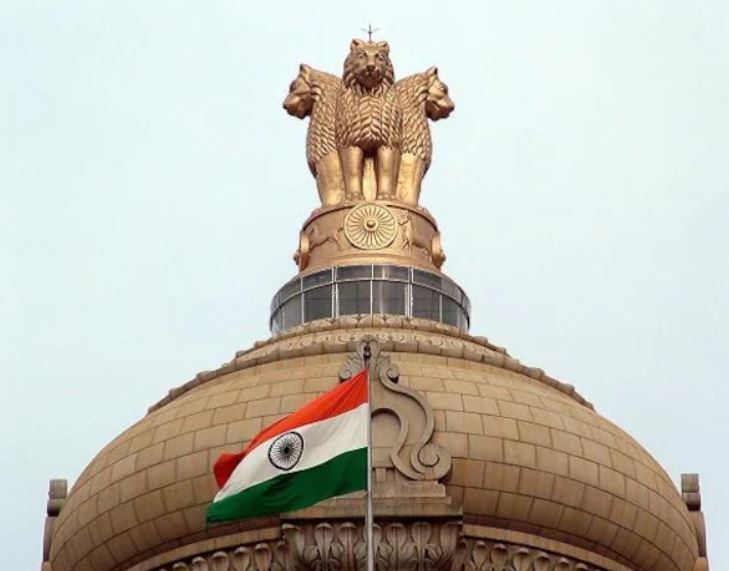
Pranjal Patil, sub-collector, Thiruvanthapuram
Born with a visual impairment, Pranjal Patil, the sub-collector of Thiruvanthapuram lost her eyesight by the time she turned six. She’d always been academically inclined and went on to pursue her post-graduation in International Relations from JNU followed by an MPhil and a PhD. She took a giant step into bureaucracy as the first visually impaired woman IAS officer after she was denied a job in the Indian Railways Account Services (IRAS) despite scoring a UPSC all India rank (AIR) of 773 due to her visual impairment in 2016.
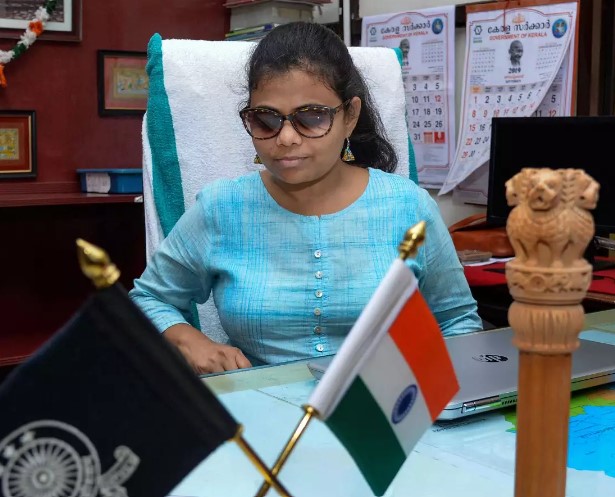
Pranjal Patil
Although no concrete action was taken, she decided to not give up and once again appeared for the UPSC in 2017. This time, she scored AIR 124. “We should never give up because with our efforts we would always get that breakthrough that we want,” has been her advice to all.
Ramesh Gholap, joint secretary, Jharkhand energy department
As a child, Ramesh Gholap, now joint secretary in Jharkhand’s energy department, would sell bangles with his mother. His father was a cycle mechanic in Maharashtra’s Mahagaon village. As his health took a turn for the worse, his mother began to sell bangles to earn a living and Ramesh, who was afflicted with polio, would pitch in. By the time he reached class 12, Ramesh began living with a relative to facilitate his studies. When his father passed away, the only way Ramesh could go home for the funeral was when a kind-hearted relative paid his bus fare. The academically bright Ramesh was forced to obtain a diploma since it was cheaper in comparison with graduate studies. Eventually, he landed a job to help his family. He simultaneously pursued a degree in humanities through distance education before appearing for the UPSC.
In 2012, he cleared his UPSC in his second attempt with a rank of 287. That same year he also stood first in the Maharashtra Public Service Commission (MPSC) exam. In 2020 he tweeted saying, “It has been 8 years since I have become an IAS officer but my mother still sells bangles. She says it is due to the money earned by it that you became an IAS officer, and I will continue with it.”
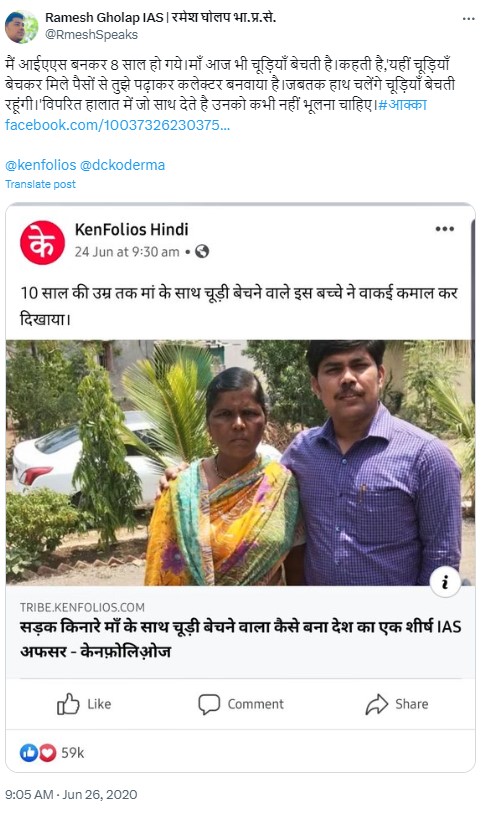
- Follow Ramesh Gholap on Twitter
Sivaguru Prabakaran, regional deputy commissioner, North Greater Chennai
The son of an alcoholic father, M Sivaguru Prabakaran fought all odds to pursue his education and cracked the UPSC civil services examination in 2017 securing a rank of 101. The Pattukottai lad had long nurtured a dream of becoming an IAS officer; even when he’d spend his days working at a sawmill and in the fields to support his family and pay for his education. Having studied in a Tamil medium institution, his initial tryst with English was a struggle. But Prabakaran was not one to give up. He moved to Chennai to fulfill his academic dreams and was tutored by an acquaintance who trained disadvantaged students like him. Determined to change his destiny, he went on to crack the entrance exam for IIT Madras’ tech programme and obtained his degree in 2014. But Prabakaran had different plans: he wanted to become a bureaucrat and went on to attempt the UPSC. He cleared the exam on his fourth attempt in 2017 and is today working as the regional deputy commissioner, North Greater Chennai Corporation. To this day, he remembers the teachers who coached and guided him during his days of struggle.
- Follow Sivaguru Prabakaran on Twitter
Kuldeep Dwivedi, director-general, Income Tax, Maharashtra
Kuldeep Dwivedi’s father had always supported the family of five with his meagre income as a security guard in Lucknow University. In 2015, Dwivedi cleared the UPSC with an AIR 242 in what was his third attempt. Despite the family’s financial constraints, his father helped him meet expenses and encouraged him on his journey to becoming an IAS officer. Incidentally, Dwivedi had also been offered the job of assistant commandant with the Border Security Force in 2013. But the lad was determined to crack the UPSC exam and turned down the offer. Today, he is posted as the director-general of Income Tax department in Maharashtra. Despite having studied in Hindi medium institutions and not being well versed in English, Dwivedi has never shied away from helping aspirants from this background with strategies to crack the exams. His videos have been immensely helpful for aspirants clocking in lakhs of views.
- Follow Kuldeep Dwivedi on Twitter

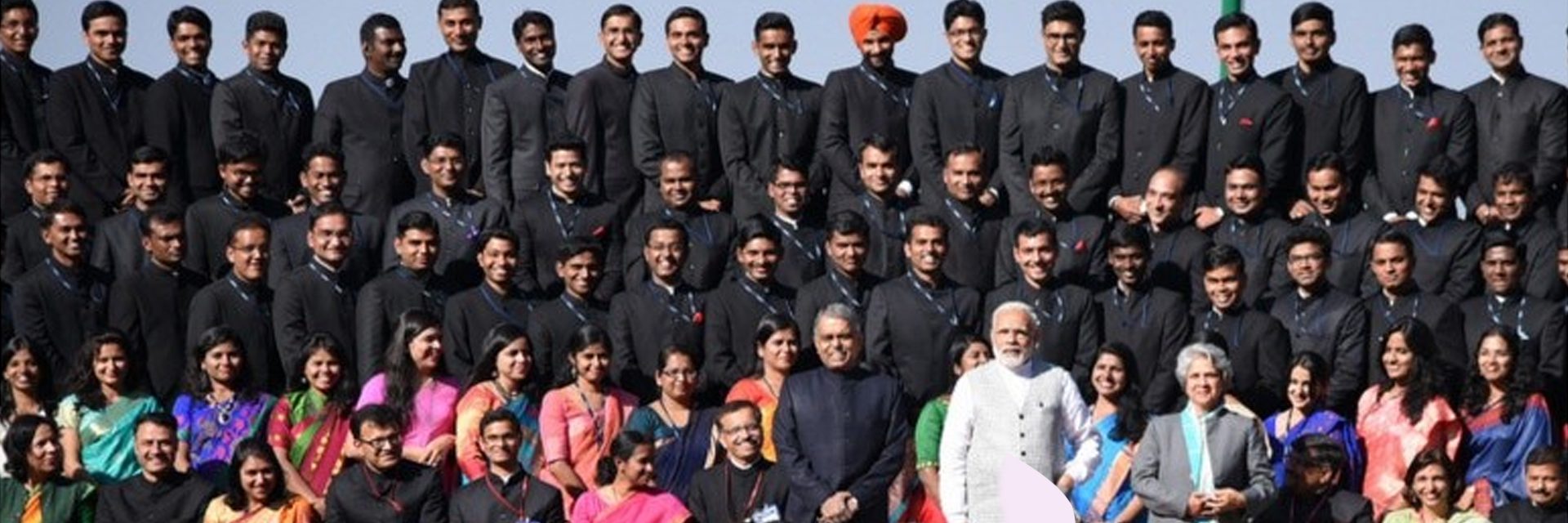
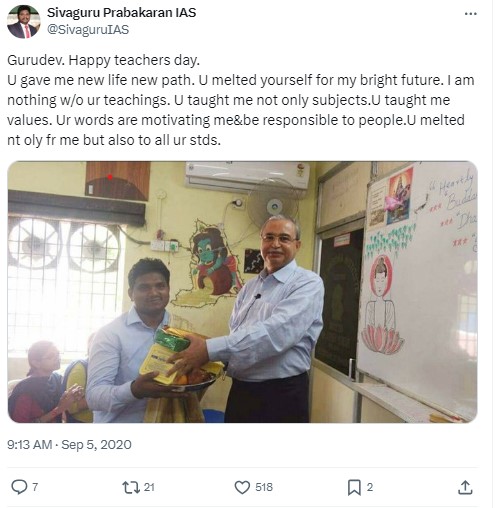

 Ani Prajith, the CEO of Phillips Pharmaceuticals[/caption]
Ani Prajith, the CEO of Phillips Pharmaceuticals[/caption]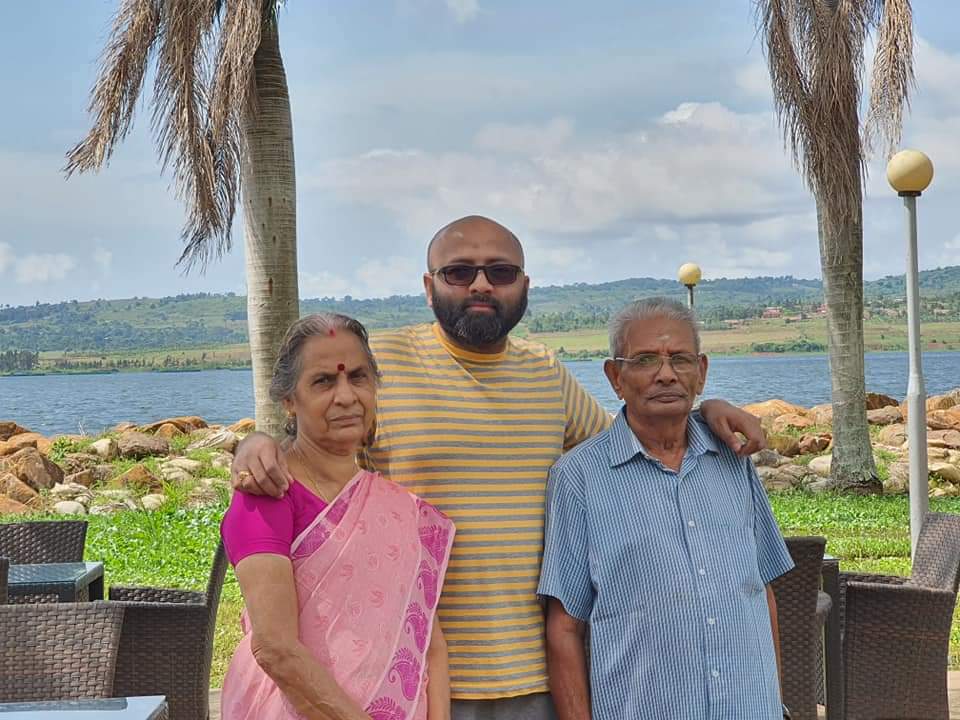 Ani Prajith with his parents[/caption]
Ani Prajith with his parents[/caption]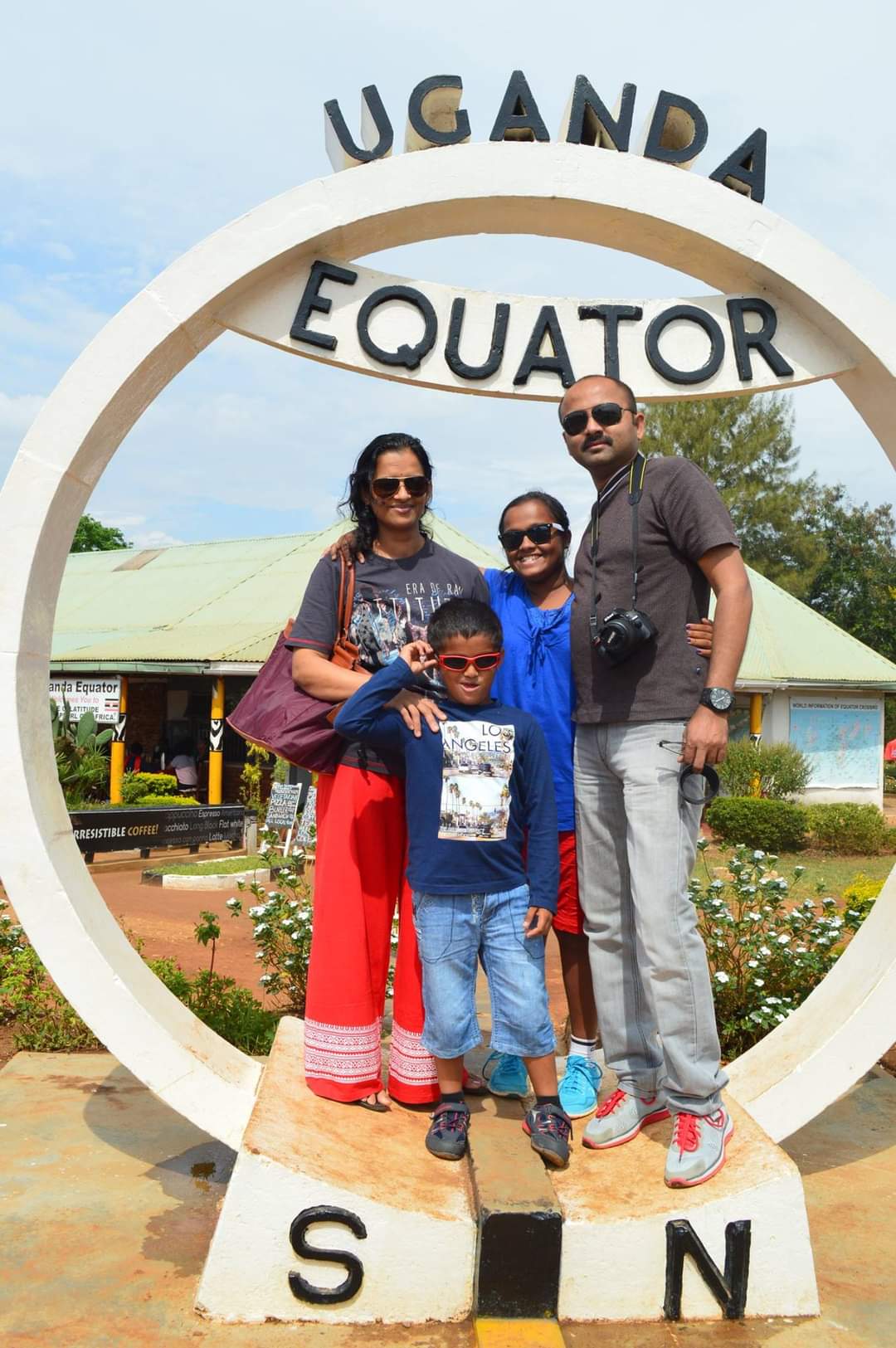 Ani Prajith with his family in Uganda[/caption]
Ani Prajith with his family in Uganda[/caption]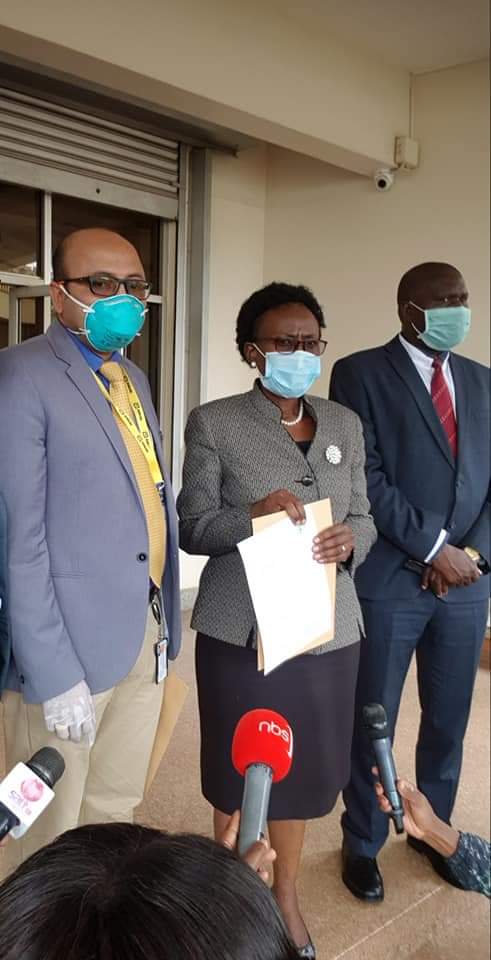 Ani Prajith with Jane Ruth Aceng, the Health Minister of Uganda at the launch of launch of a new regional blood bank.[/caption]
Ani Prajith with Jane Ruth Aceng, the Health Minister of Uganda at the launch of launch of a new regional blood bank.[/caption]
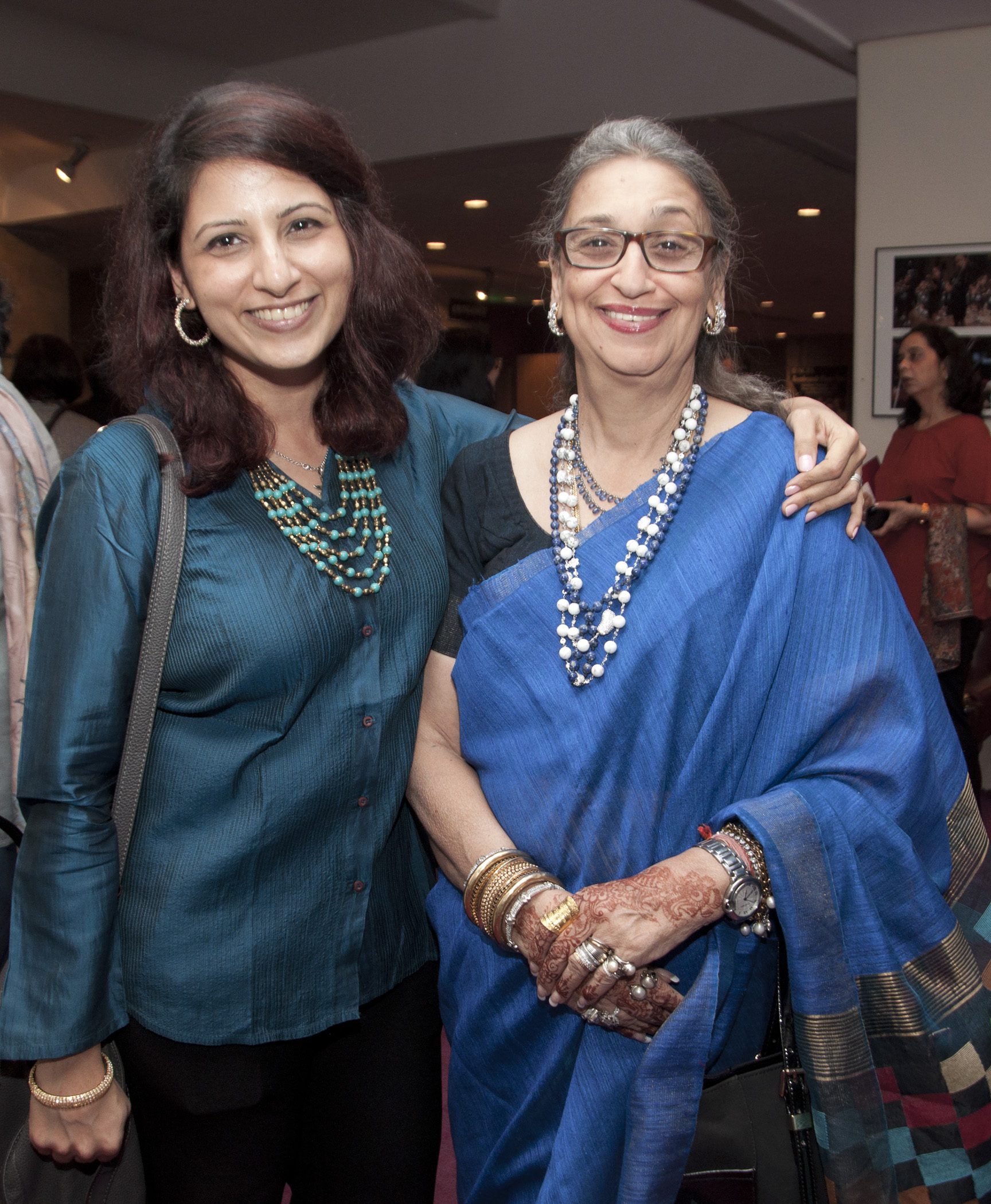 Ashaita and Vera Mahajan[/caption]
Ashaita and Vera Mahajan[/caption]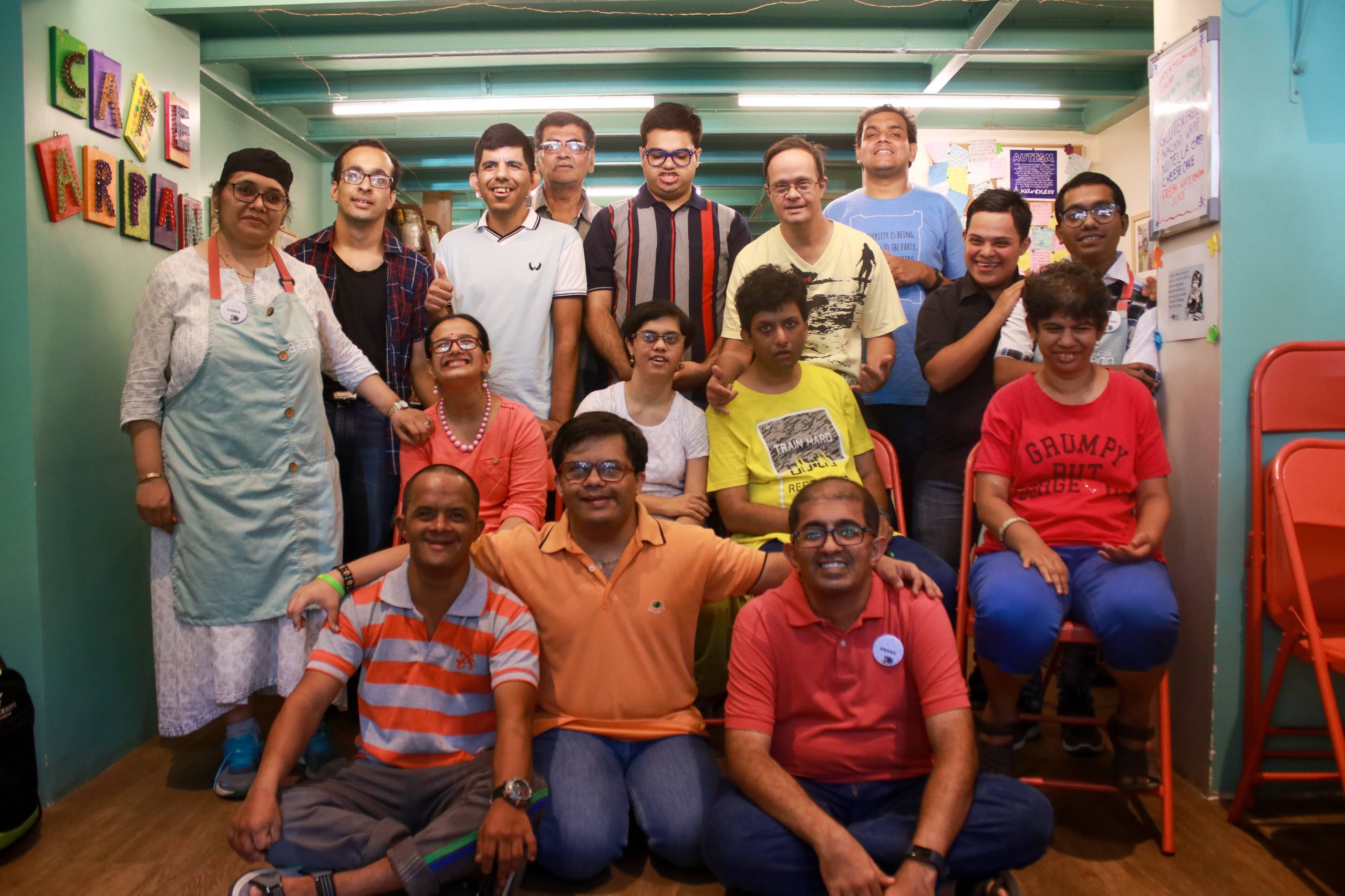 Team Café Arpan[/caption]
Team Café Arpan[/caption]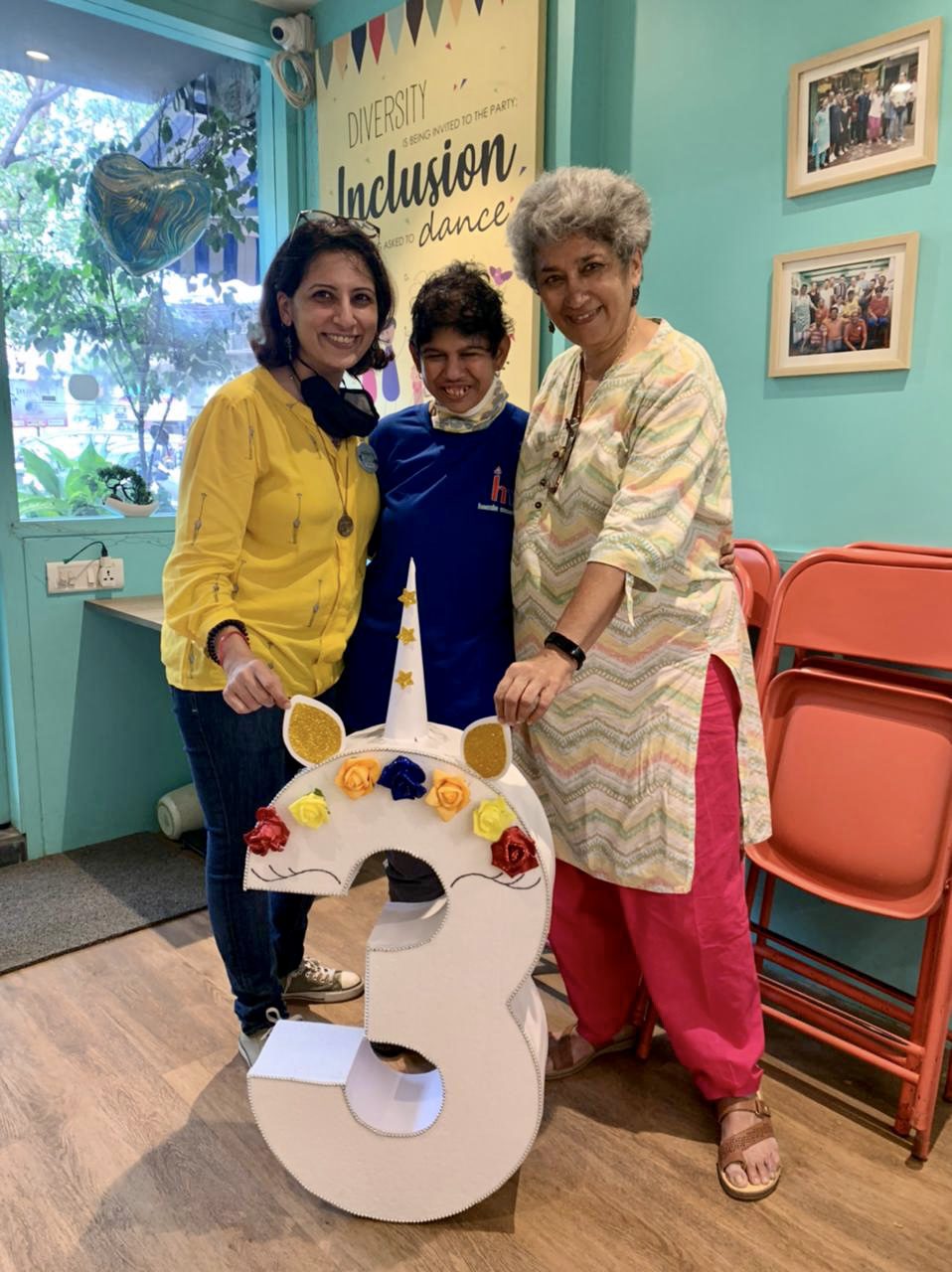 Ashaita with Dr Sushama and Aarti Nagarkar at Café Arpan's third anniversary[/caption]
Ashaita with Dr Sushama and Aarti Nagarkar at Café Arpan's third anniversary[/caption]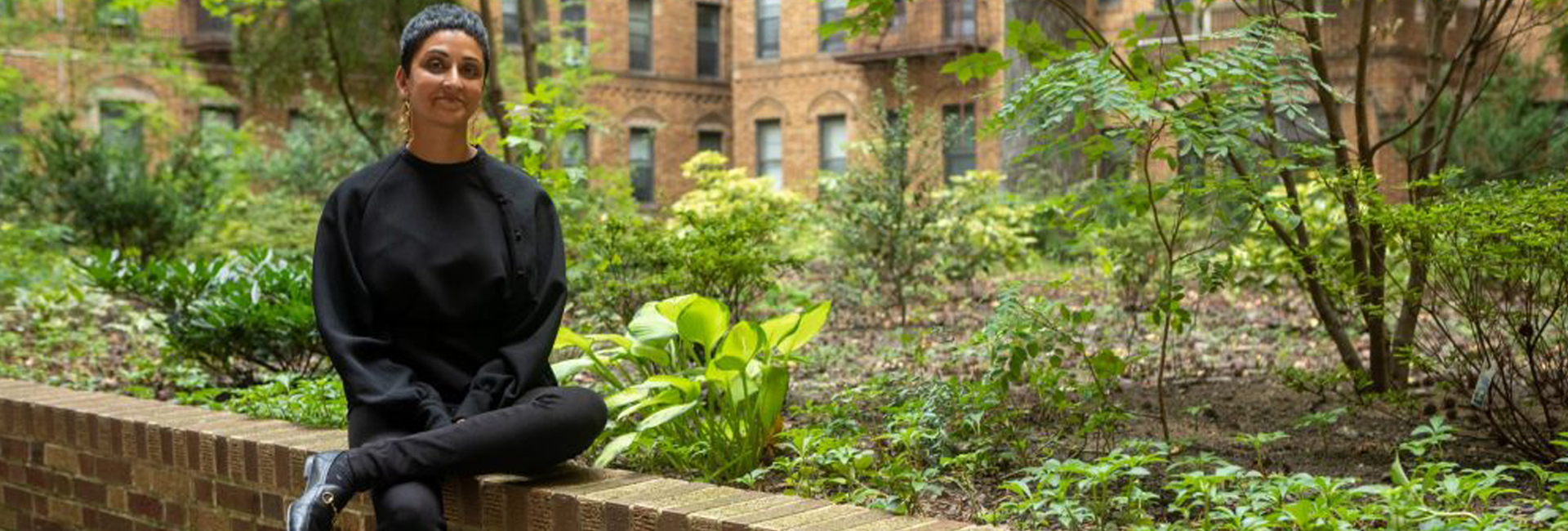
 Priti with her friends[/caption]
Priti with her friends[/caption]
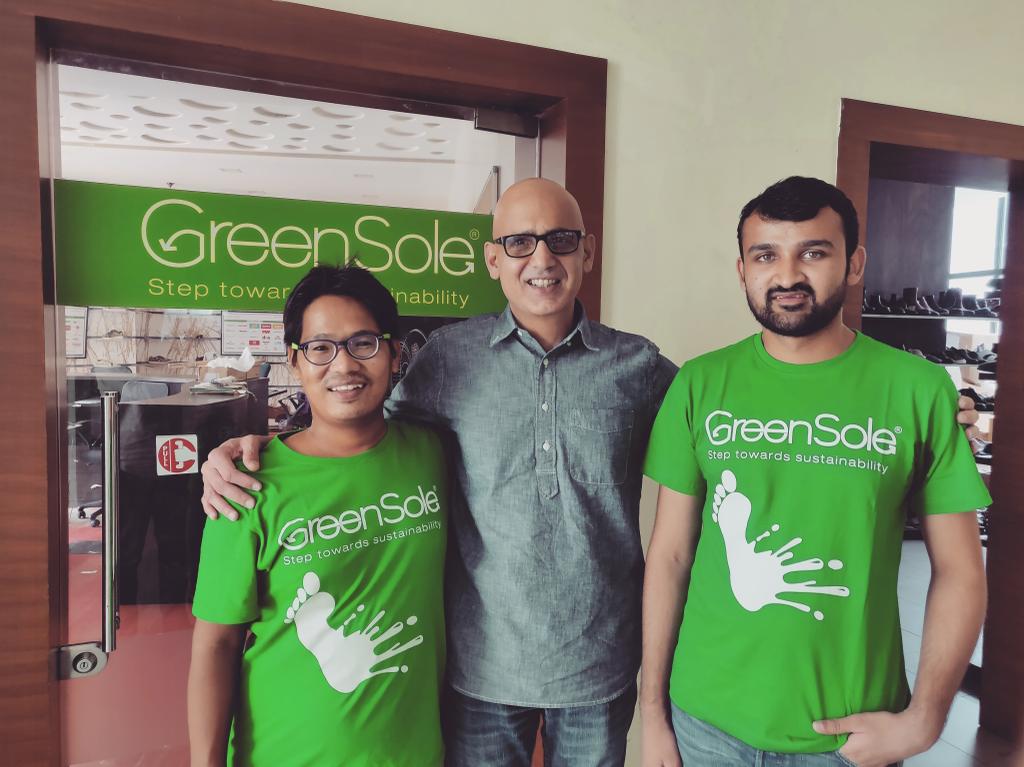
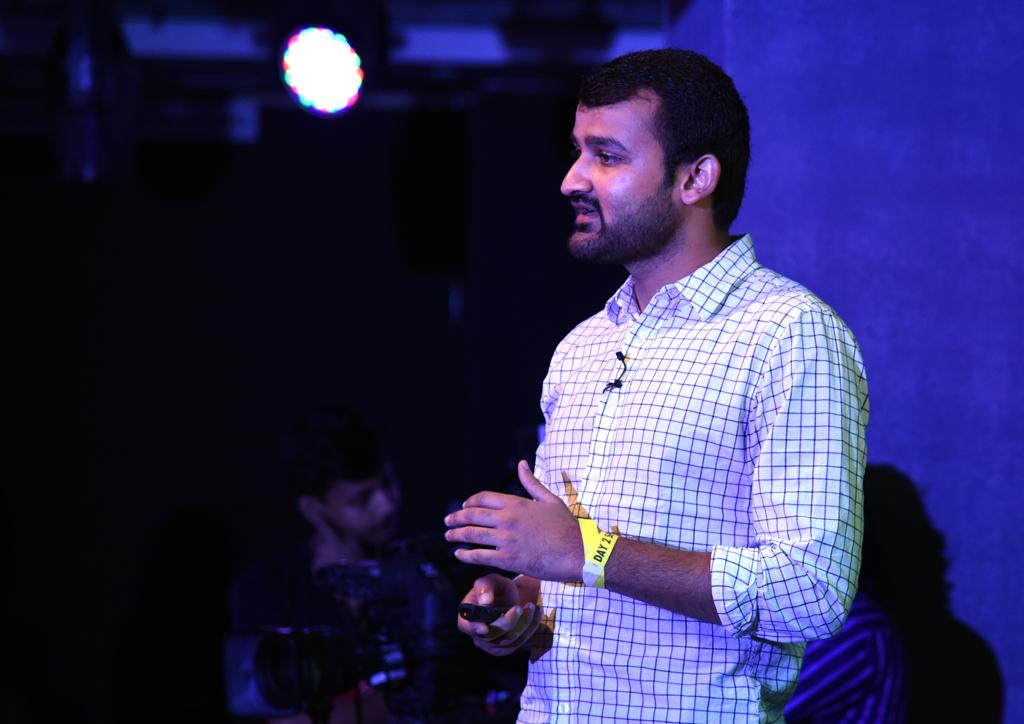


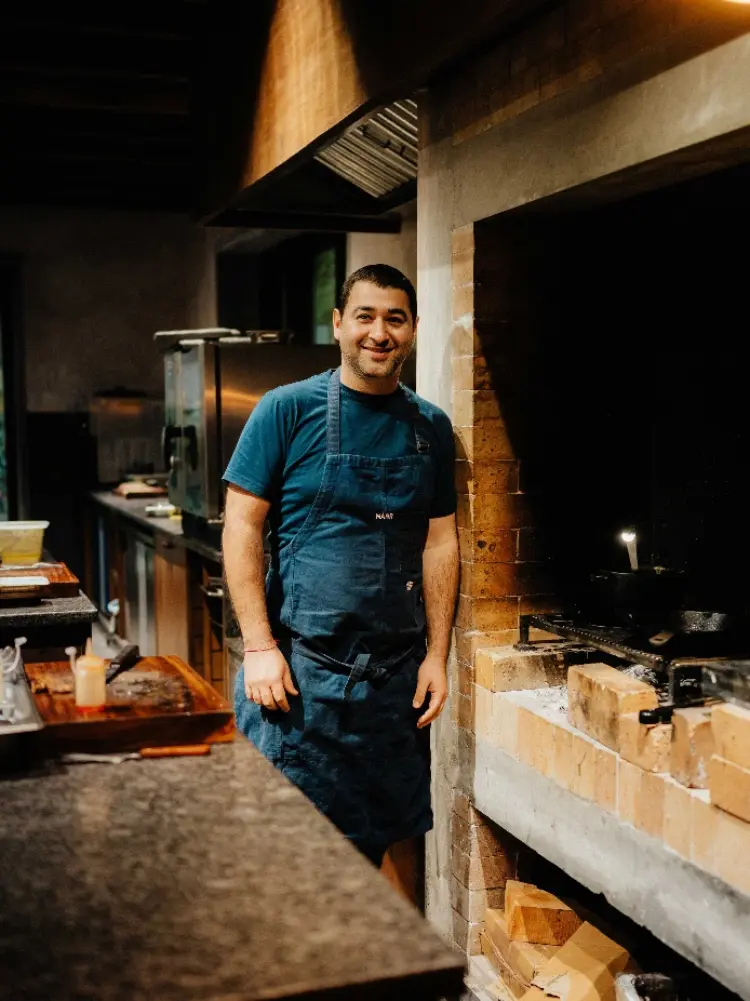 Chef Prateek Sadhu in the kitchens at NAAR[/caption]
Chef Prateek Sadhu in the kitchens at NAAR[/caption] NAAR creations[/caption]
NAAR creations[/caption]